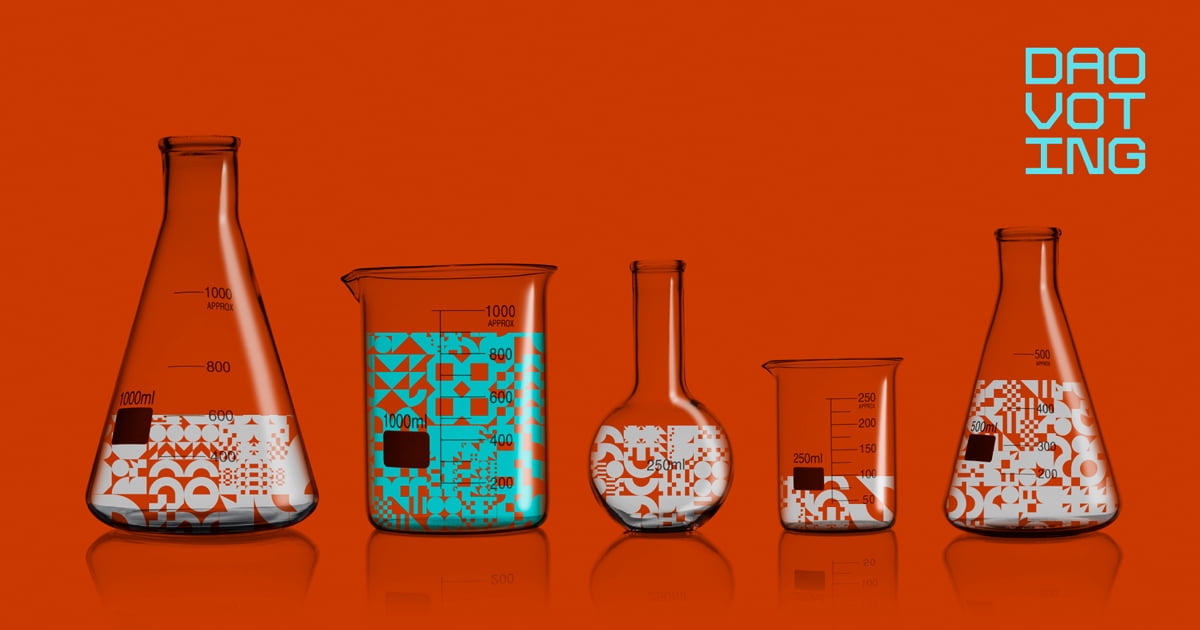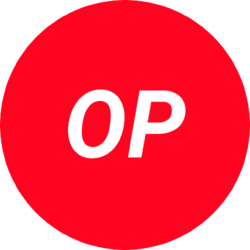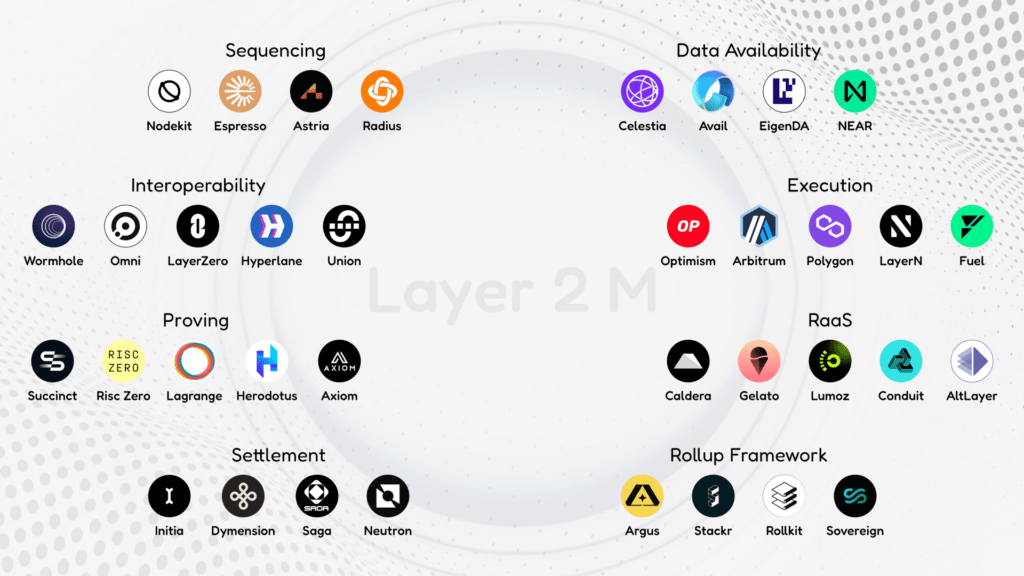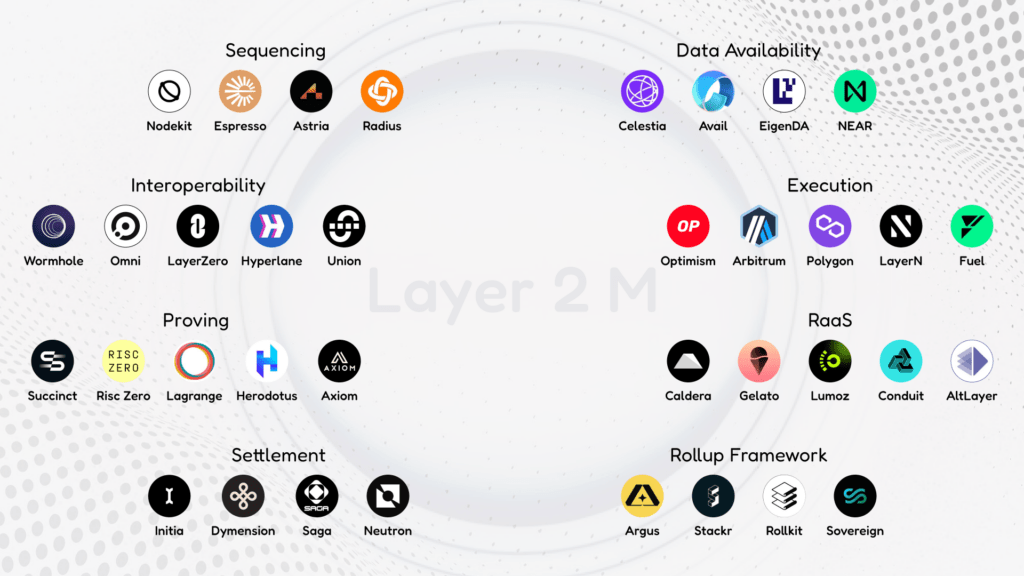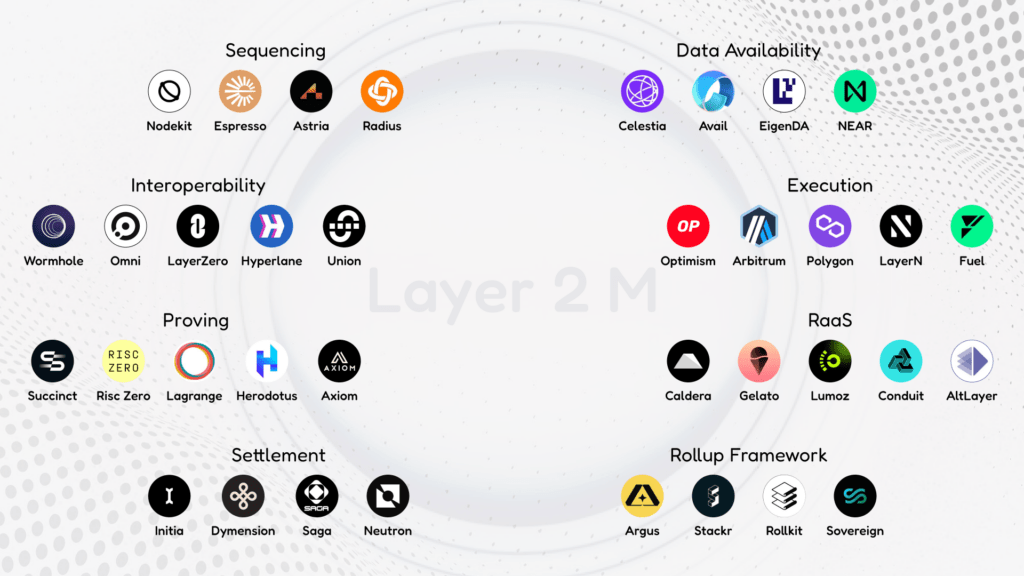Research Summary
The report discusses the potential of web3 governance as a tool for studying and experimenting with political institutions. It highlights the use of Decentralized Autonomous Organizations (DAOs) as laboratories for testing theories about political economy and governance. The report also presents a case study of Optimism, a web3 startup, and its experiment with incentivizing democratic participation.
Key Takeaways
Web3 Governance as a Tool for Political Economy
- Exploring Political Institutions: The report emphasizes the potential of web3 governance to design, test, and redesign political systems for online communities. This approach allows for experimentation with institutional designs and observing their consequences in actual communities.
- DAOs as Constitutional Laboratories: DAOs, which are central to web3 platforms, offer a unique opportunity to study the design of constitutions. They provide explicit, transparent rules, flexibility to experiment, and data on political outcomes, making them ideal for studying governance.
Case Study: Optimism’s Experiment with Democratic Participation
- Incentivizing Participation: The report presents a case study of Optimism, a web3 startup that conducted a large-scale experiment to incentivize democratic participation. The startup deployed over $28 million worth of digital tokens to users to encourage participation in its voting process.
- Impact of Incentives: The study found that incentives for democratic participation can have a meaningful impact, at least temporarily. It observed an increase in new daily delegations and voting following the announcement of the airdrop reward.
Implications for Studying Governance
- Broader Implications: The report suggests that the findings from the Optimism case study and similar experiments can offer insights into how to stimulate participation in online democracies. It also highlights the potential for using web3 to study deep governance questions and test existing theories empirically.
- Future Opportunities: The report identifies several opportunities for future research, including studying reforms to political institutions in the web3 environment, such as the assignment of veto rights, the use of reputation systems for allocating voting rights, and the use of citizens’ assemblies.
Actionable Insights
- Exploring Web3 Governance: Organizations interested in political economy and governance should explore the potential of web3 governance as a tool for studying and experimenting with political institutions. This could involve designing and testing different governance structures on web3 platforms.
- Engaging with DAOs: Researchers and organizations should consider engaging with DAOs to study the design of constitutions. DAOs offer a unique opportunity to study governance due to their explicit, transparent rules, flexibility to experiment, and data on political outcomes.
- Implementing Incentive Systems: Tech platforms seeking to encourage higher levels of user input in decision-making processes could consider implementing incentive systems similar to Optimism’s airdrop experiment. This could involve rewarding past governance behavior and promising future rewards.

